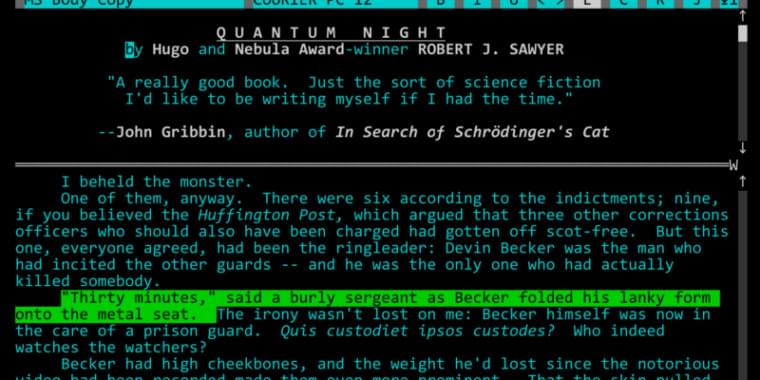Scientists are experimenting with enzymes that turn sugar to fiber in the gut, microscopic sponges to soak up sugar, and more.
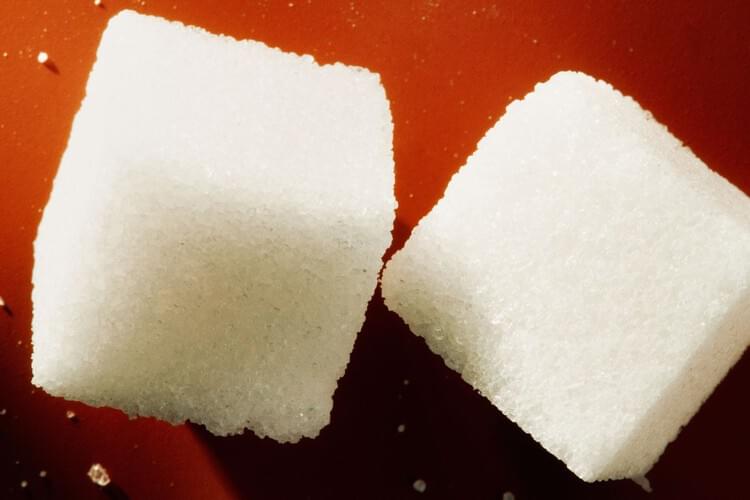


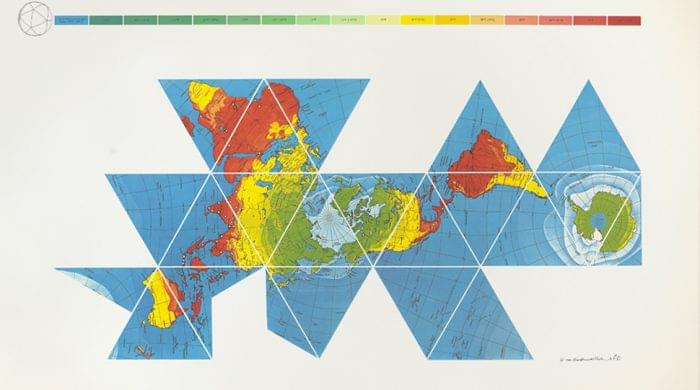
In 2017, we brought you news of a world map purportedly more accurate than any to date, designed by Japanese architect and artist Hajime Narukawa. The map, called the AuthaGraph, updates a centuries-old method of turning the globe into a flat surface by first converting it to a cylinder. Winner of Japan’s Good Design Grand Award, it serves as both a brilliant design solution and an update to our outmoded conceptions of world geography.
But as some readers have pointed out, the AuthaGraph also seems to draw quite heavily on an earlier map made by one of the most visionary of theorists and designers, Buckminster Fuller, who in 1943 applied his Dymaxion trademark to the map you see above, which will likely remind you of his most recognizable invention, the Geodesic Dome, “house of the future.”
Whether Narukawa has acknowledged Fuller as an inspiration I cannot say. In any case, 73 years before the AuthaGraph, the Dymaxion Map achieved a similar feat, with similar motivations. As the Buckminster Fuller Institute (BFI) points out, “The Fuller Projection Map is [or was] the only flat map of the entire surface of the Earth which reveals our planet as one island in the ocean, without any visually obvious distortion of the relative shapes and sizes of the land areas, and without splitting any continents.”
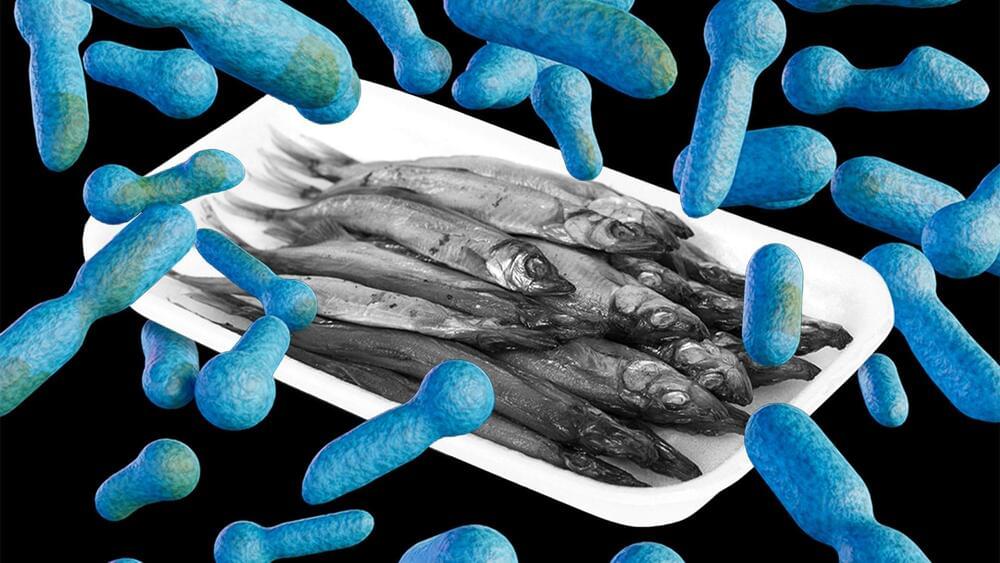


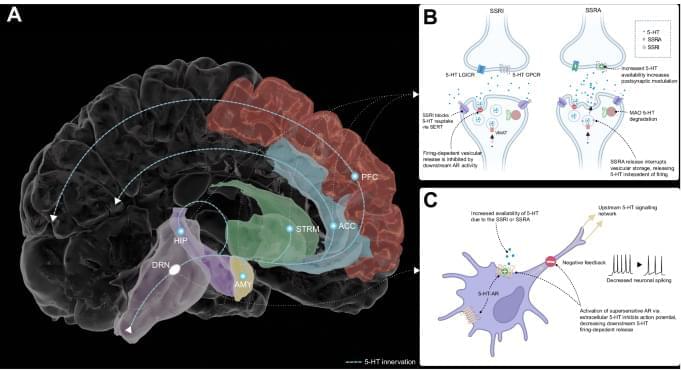
Increasing serotonin can change how people learn from negative information, as well as improving how they respond to it, according to a new study published in the leading journal Nature Communications.
The study by scientists at the University of Oxford’s Department of Psychiatry and the National…
Serotonin is involved in aversive processing, but how serotonin shapes behavior remains unclear. Here, the authors show that directly enhancing synaptic serotonin in humans reduces outcome sensitivity and increases behavioral inhibition in aversive contexts.

